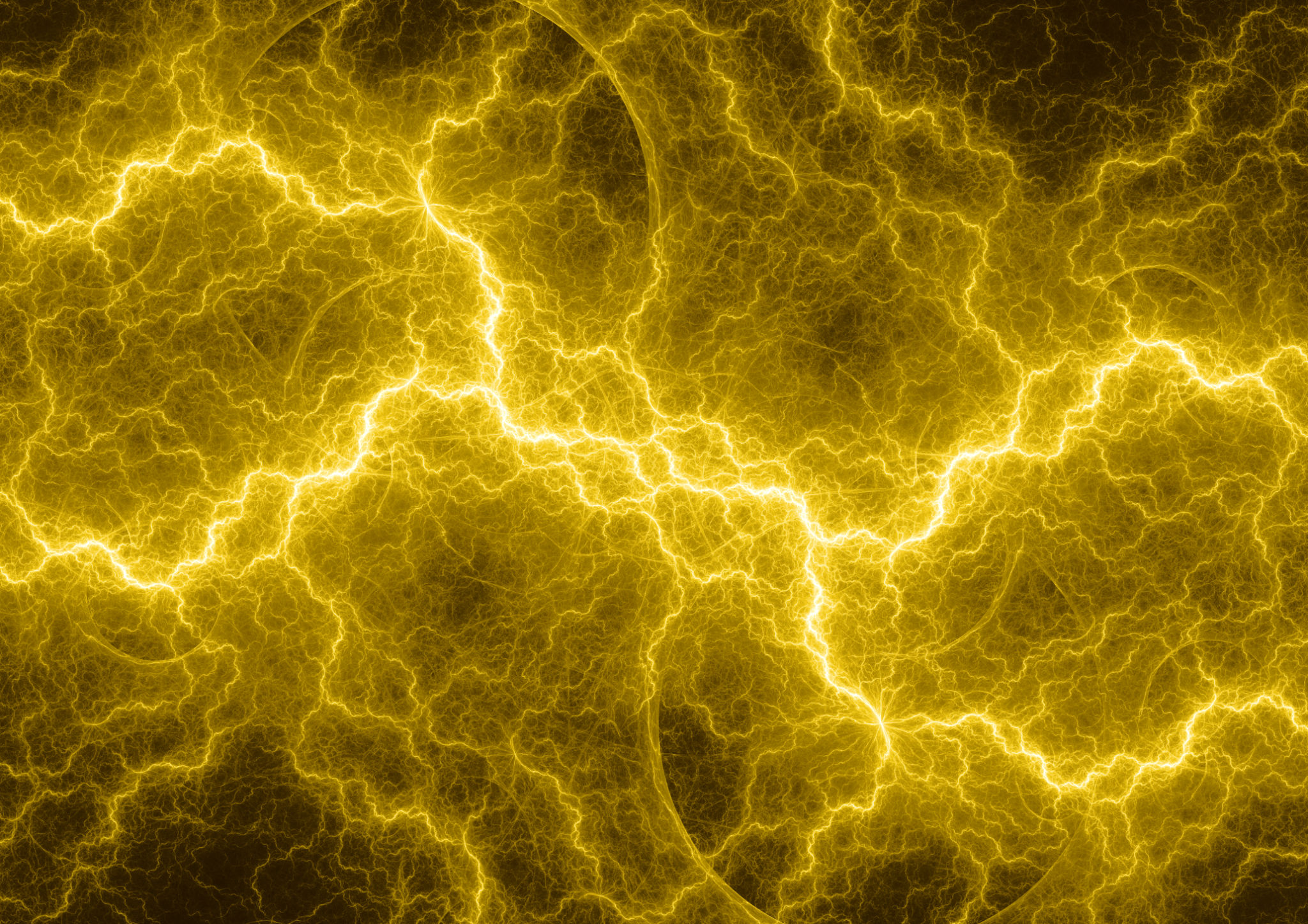How Quincy Weather Affects Solar Panel Performance
Understanding Quincy Weather Patterns
Quincy, located in the northeastern United States, experiences a diverse range of weather patterns throughout the year. These variations can significantly impact the performance of solar panels. Understanding how local weather conditions affect solar energy production is crucial for homeowners and businesses considering solar installations.
The city experiences a humid continental climate, characterized by cold winters, warm summers, and a fair amount of precipitation spread evenly across the year. This climate can present both challenges and opportunities for solar energy generation.

Seasonal Variations and Solar Output
Solar panel performance in Quincy is heavily influenced by the changing seasons. During the summer months, longer daylight hours and more direct sunlight contribute to higher energy production. Conversely, winter brings shorter days and increased cloud cover, which can reduce solar output.
It's important to note that solar panels can still generate electricity on cloudy days, albeit at a reduced efficiency. The key is to size your solar system appropriately to meet your energy needs year-round, taking into account these seasonal fluctuations.
Impact of Snow and Ice
Winter in Quincy often brings snow and ice, which can temporarily obstruct solar panels. While snow can be a hindrance, it often slides off panels due to their smooth surfaces and the angle at which they are installed. Additionally, the reflection of sunlight on snow-covered ground can enhance the performance of solar panels.

To mitigate the impact of snow and ice, regular maintenance and cleaning of solar panels are recommended. This ensures that they remain free from obstructions and can continue to operate efficiently during the colder months.
Rain and Humidity Considerations
Quincy receives a moderate amount of rainfall throughout the year, which can have both positive and negative effects on solar panel performance. On one hand, rain can help to naturally clean panels, removing dust and debris that may have accumulated, thus improving efficiency.
On the other hand, excessive humidity can lead to moisture build-up, which might affect the electrical components of the solar panels over time. Ensuring proper installation and sealing of panels can help prevent moisture-related issues.

Maximizing Solar Efficiency in Quincy
To optimize solar panel performance in Quincy, it's essential to consider various factors such as panel orientation, tilt angle, and shading. Installing panels at the right angle and direction can maximize exposure to sunlight, especially during peak production times.
Moreover, incorporating technologies like solar tracking systems or microinverters can enhance the efficiency of solar panels by adjusting their position based on the sun's movement or optimizing the energy output from each panel individually.
Conclusion: Embracing Solar in Quincy
Despite the challenges posed by Quincy's weather, solar energy remains a viable and sustainable option for energy generation. By understanding and adapting to local weather conditions, homeowners and businesses can effectively harness the power of the sun to meet their energy needs.
Investing in solar energy not only contributes to a greener environment but also offers potential savings on electricity bills. With the right approach and technology, Quincy residents can enjoy the benefits of solar power throughout the year.
